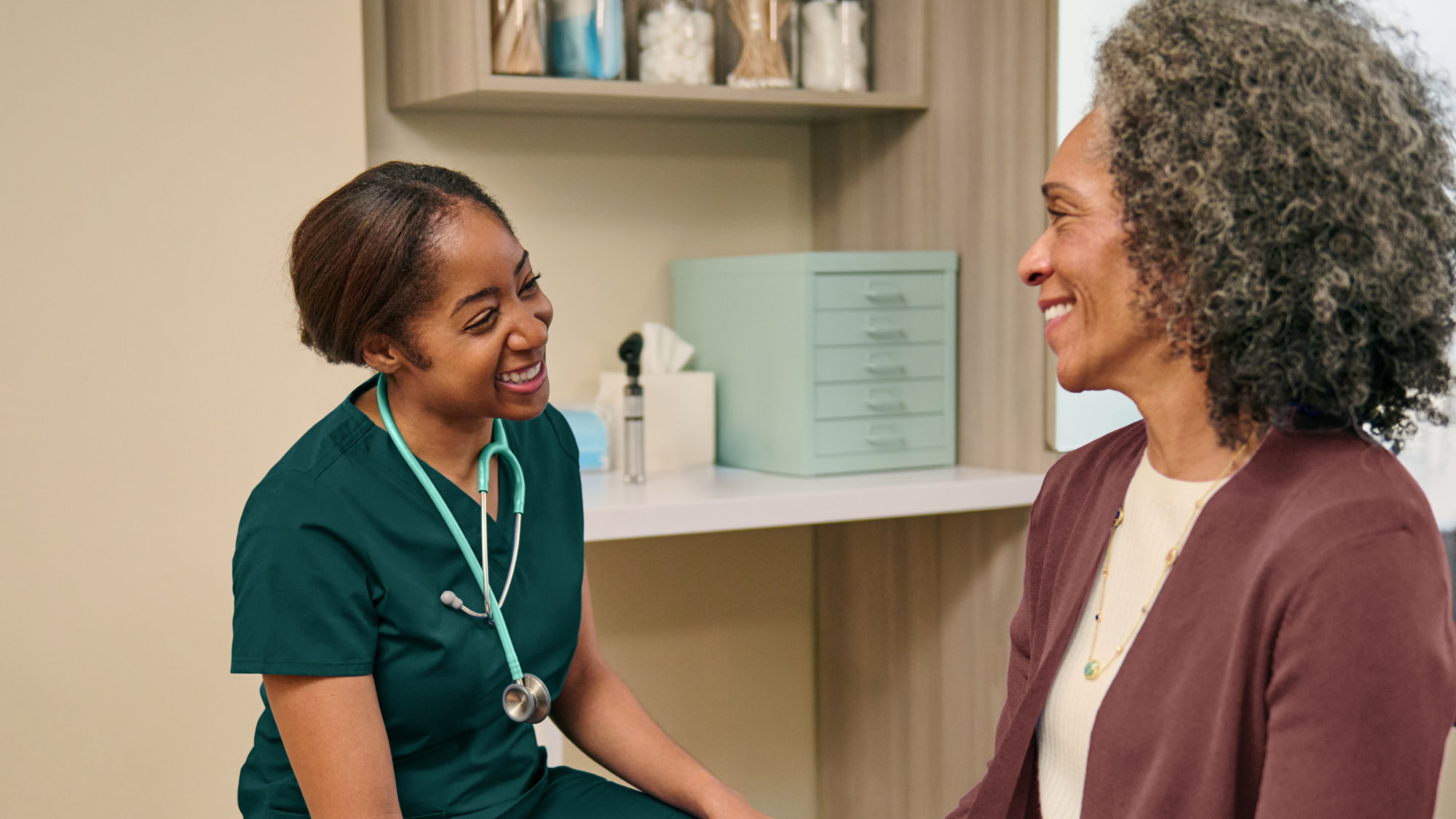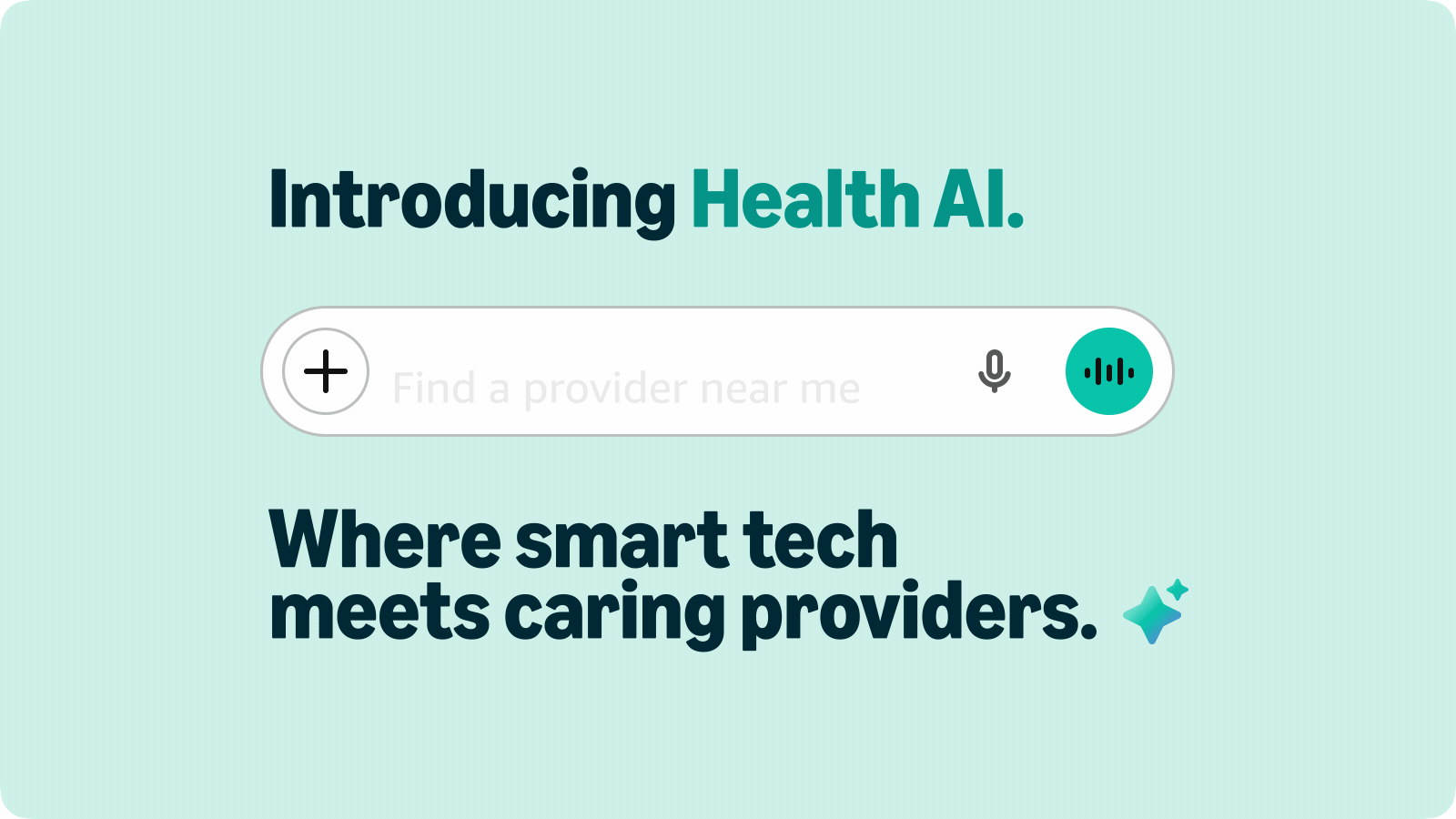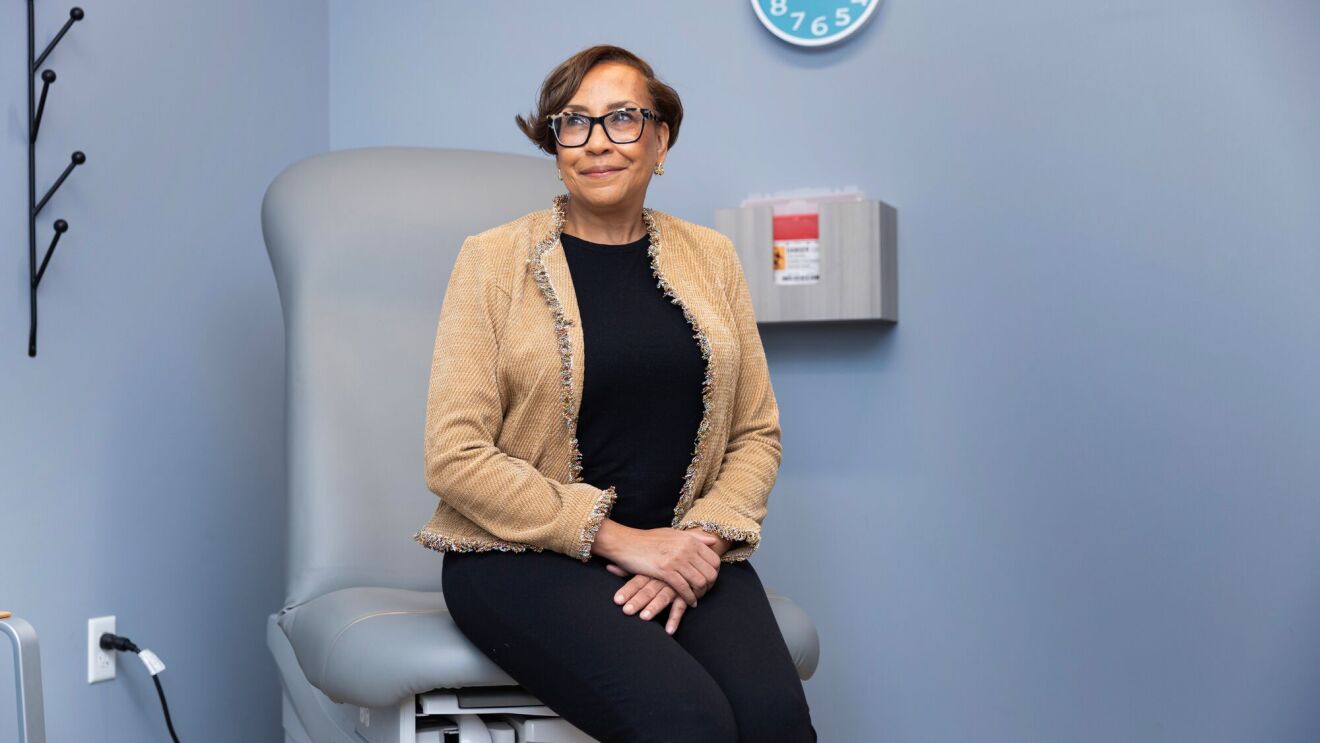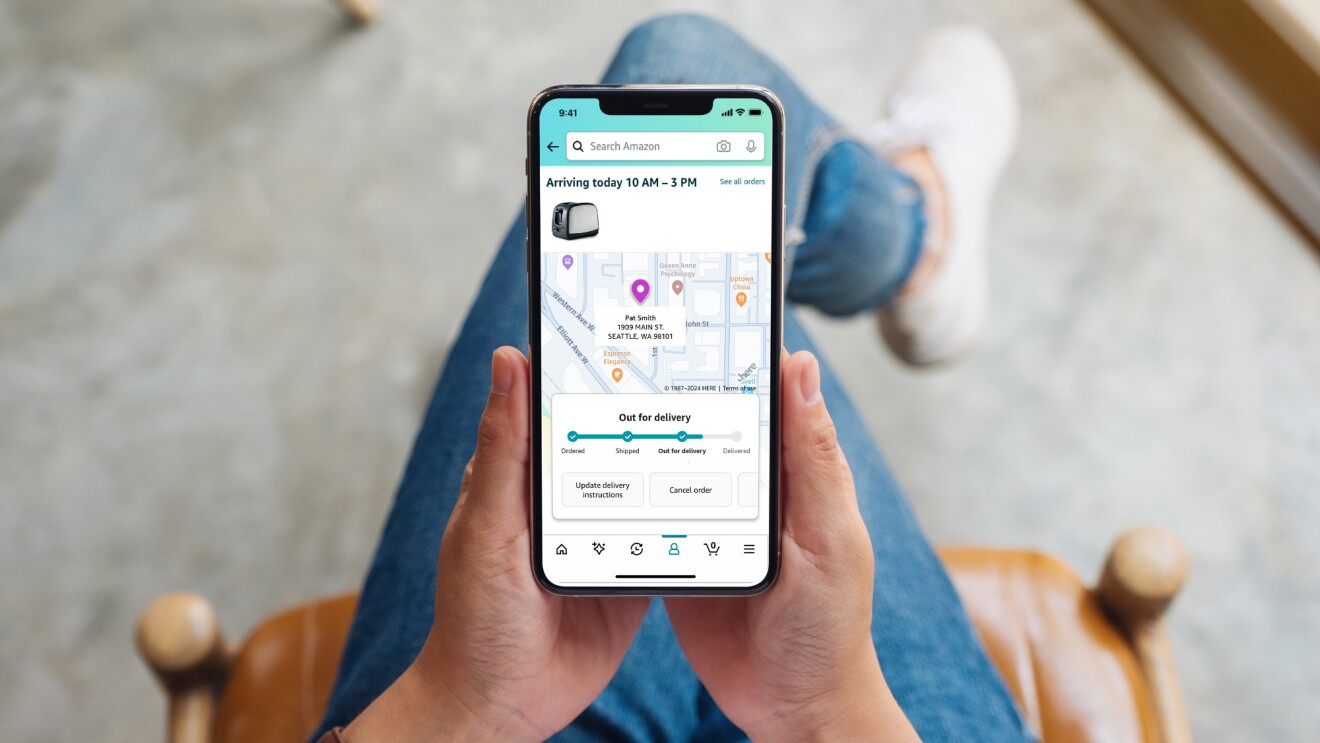Each year in the U.S., approximately 2 million women enter perimenopause and another 1.3 million enter menopause. Yet, menopause specific training isn’t standard in primary care, leaving many providers unprepared and patients unsupported during this transition.
One Medical now offers a new visit that connects patients to primary care providers with expertise in identifying, addressing, and treating the wide range of symptoms associated with perimenopause and menopause. These visits provide comprehensive, personalized, and coordinated support so patients feel heard and ultimately healthier while navigating this natural but often challenging phase of life.
One Medical conducted a 10-month early rollout of the menopause visit with a small cohort of specially trained primary care providers in Los Angeles and the San Francisco Bay Area, beginning in 2024. Of the over 1,000 patients seen during this time, an average of 30% felt more confident in navigating the transition after just one visit, and 75% ultimately began a treatment plan including hormone therapy.
Menopause transition care with One Medical
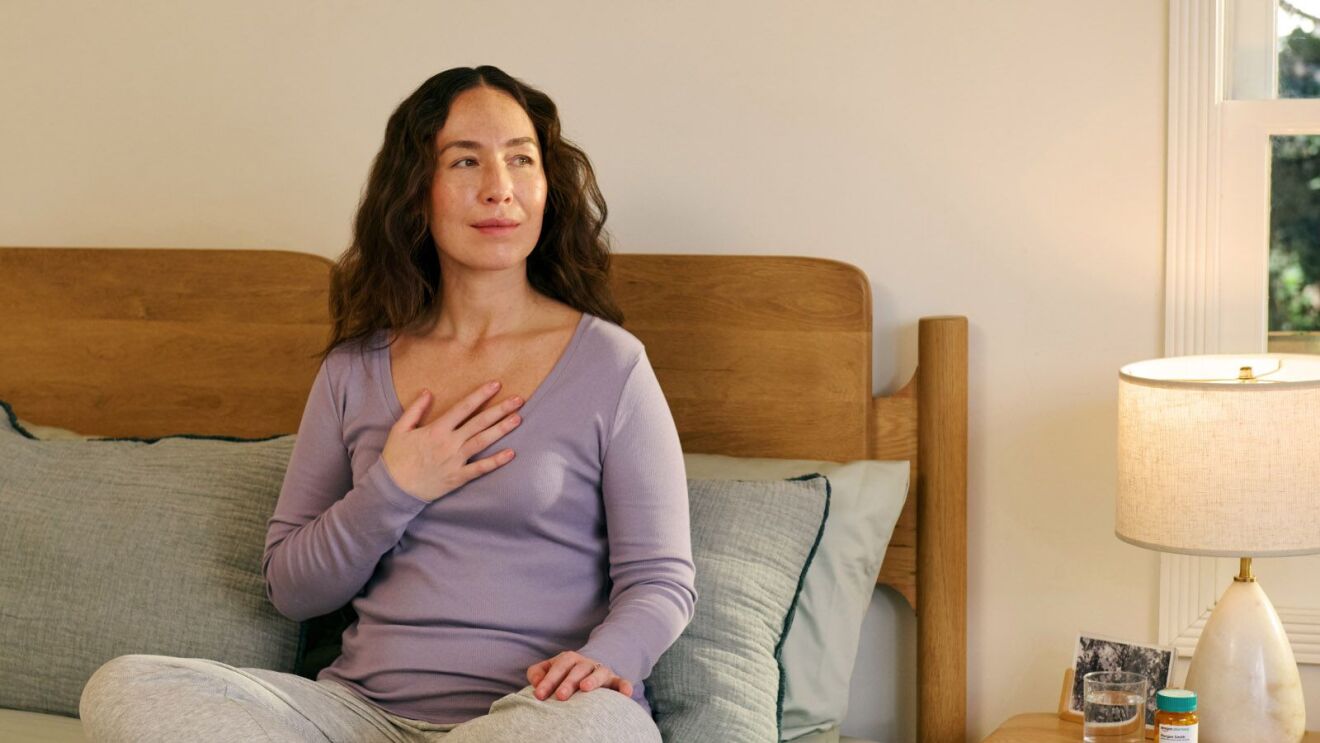
One Medical integrates menopause care within the broader primary care relationship. Rather than fragmenting care across different specialists, patients work with a human-centered team that knows their entire health history and can develop truly personalized treatment plans.
"Our menopause-trained providers aren't just treating isolated symptoms—they're considering how hormonal changes interact with other aspects of patients’ health, from cardiovascular risk to bone density to mental wellbeing," explained Erin Duralde, MD, MPH, MSCP, One Medical’s national director of women’s health and menopause program leader. "This holistic approach allows us to provide more comprehensive and individualized care during this transition."
One Medical’s model makes it particularly well-suited for managing menopause care. Members benefit from:
- Same or next-day appointment booking, both in-person and remotely
- Longer, thoughtful visits with providers who have time to listen
- Seamless coordination with specialists at leading hospital systems, when needed
- 24/7 on-demand virtual care for support between appointments through the One Medical app, where members can also message care teams, access medical records, and manage prescriptions
This new appointment type reinforces One Medical's commitment to providing care across patients' entire health journey—from preventive wellness to chronic condition management to specialized support during key life transitions.
How to make an appointment for a menopause visit with One Medical
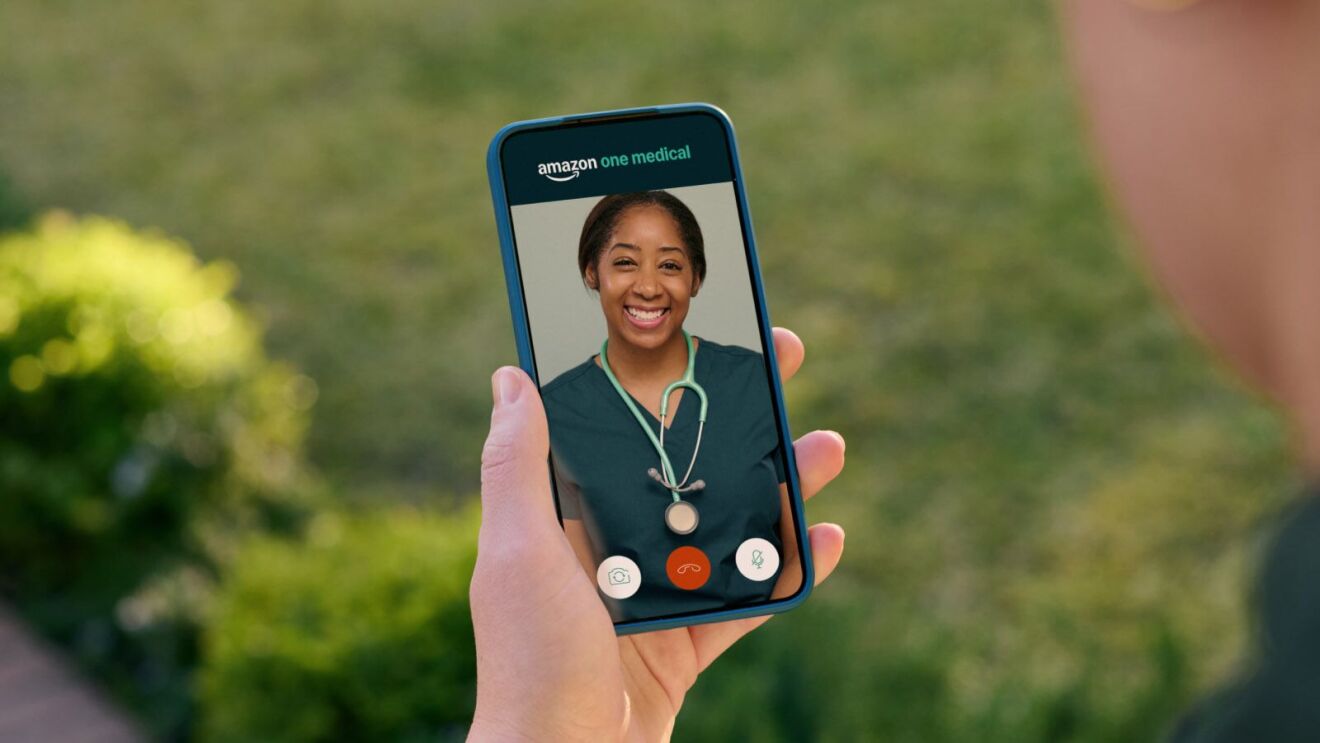
Making an appointment for menopause symptoms is just as easy as any other type of visit for One Medical members.
- Open the One Medical app and select the “Peri/Menopause Visit” appointment option
- Fill out an intake questionnaire to ensure the visit is targeted toward specific needs and concerns
One Medical takes most major insurance plans for scheduled in-person and remote visits and works with patients to prescribe affordable treatments based on their unique needs. Membership is not required to schedule a visit at One Medical. Those without a membership can find appointments by visiting health.amazon.com/menopause.
Where are menopause visits available?

One Medical menopause visits are now available in all regions where One Medical has offices, including: Atlanta; Austin; Boston; Chicago; Connecticut; Dallas–Fort Worth; Houston; Los Angeles; Miami–Fort Lauderdale; New Jersey; New York; Portland; Raleigh–Durham; San Diego; Seattle; the San Francisco Bay Area; Washington D.C.; Columbus, Ohio, and Orange County, California.
One patient’s menopause journey with One Medical
Sara Pereda began experiencing unexpected health concerns in her late 30s like rapid weight gain, high cholesterol, restless leg syndrome, sleepless nights, and hot flashes, but didn't know why. She sought out help from her doctor of many years, who also couldn't determine what her symptoms meant, ending the search after ordering tests for prediabetes or autoimmune disorders.
At the time, neither Sara nor her doctor considered studies that have shown women of color are more likely to enter perimenopause or menopause at an earlier age than white women, often leading to misdiagnosis. Sara says she wishes she knew this sooner, as it could have empowered her to push for the right care earlier.
It wasn't until she made an appointment with One Medical in Los Angeles that she realized her symptoms could be signs of perimenopause. Sara was able to quickly get an appointment and run tests at One Medical's in-house lab, which she described as "so simple."
One Medical worked with Sara to develop a plan based on her unique health picture. It turned out that she was in a later phase of perimenopause and could benefit from starting treatment that could make her feel better and live a healthier life. She began hormone therapy and switched her workout routine. She also started GLP-1s to help with her weight, and credits Dr. Duralde for normalizing this treatment that she previously felt stigma around. On this new plan, she felt better, more empowered, and her A1-C levels dropped to a healthy and normal range.
"With other places, it was hard to get an appointment with your general practitioner, and everything is so fragmented and disjointed,” Pereda said. “At One Medical, everything is centralized, and you can easily book an appointment, find the information you need, and have your test results in one place. It makes everything easier.”
Sara’s experience is far from unique.
Studies show that 85% of women experience at least one bothersome symptom of menopause, yet the vast majority remain untreated. Research from the National Institute of Health shows that almost half of women have not approached their general practitioner for help or advice about menopause for a variety of reasons, including normalizing their symptoms and feelings of stigma or embarrassment.
“Many people have had unhelpful experiences when seeking care for menopause symptoms within a primary care setting, and as a result, they seek out multiple experts across different settings to try to get answers, turn to non-clinical interventions, or, commonly, simply endure the symptoms without getting the help they need,” Dr. Duralde said. “We created this program at One Medical to give people comprehensive menopause support from a care team that understands their full health picture and understands their unique needs.”
